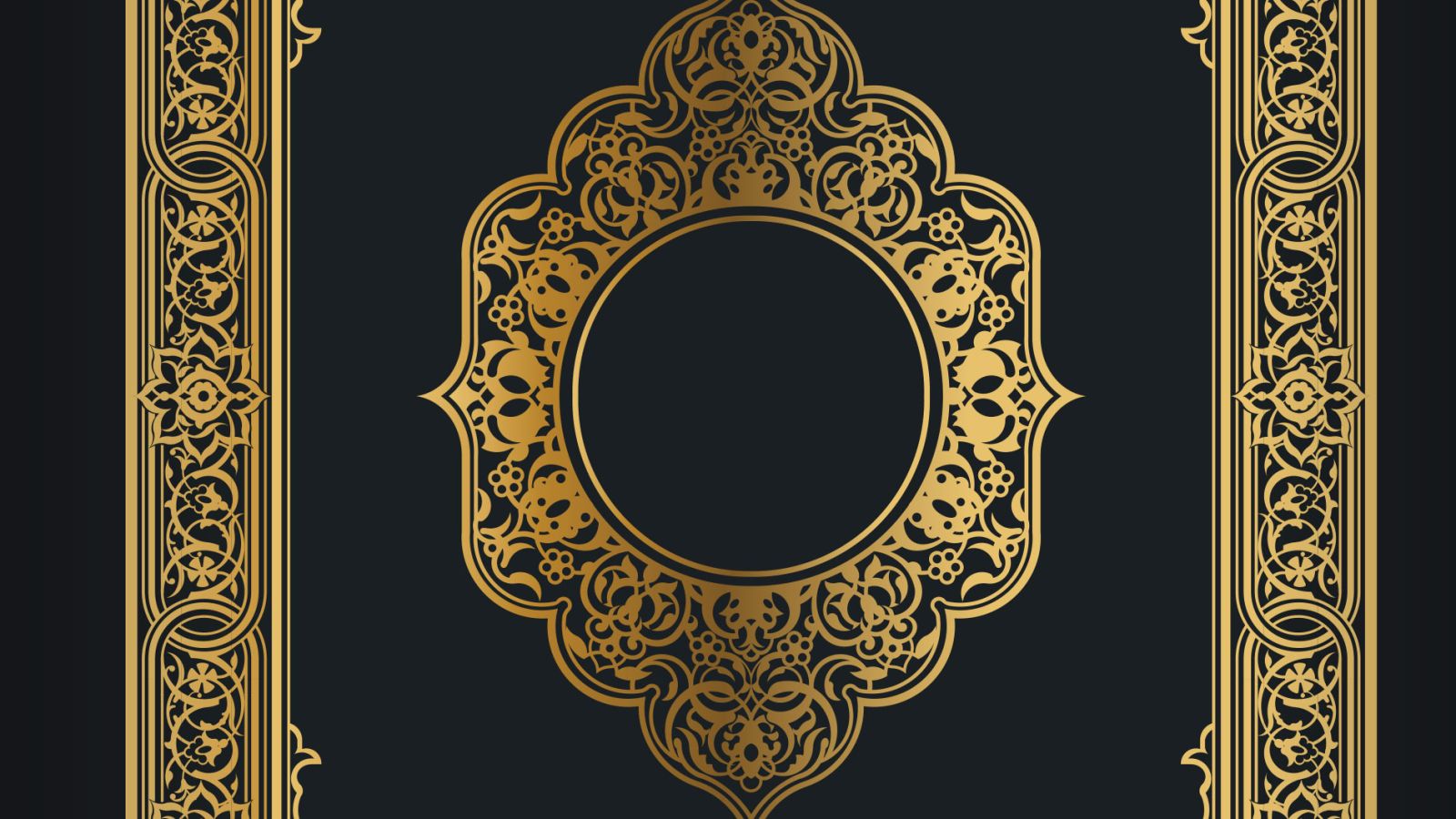Being Ignorant of the Meanings of the Qurʾān
Al-ʿAllāmah Muḥammad ibn Ṣāliḥ al-ʿUthaymīn


How can it be right for anybody not to understand and ponder its meanings? Hence the Companions, may Allāh be pleased with them, would not move on to the next ten āyāt until they had understood and put into practice the previous passage.
[Q]: I read Qurʾān regularly but I do not understand its meanings. Will I still be rewarded by Allāh for that?
[A]: The Qurʾān is blessed as Allāh the Exalted states:
كِتَابٌ أَنزَلْنَاهُ إِلَيْكَ مُبَارَكٌ لِّيَدَّبَّرُوا آيَاتِهِ وَلِيَتَذَكَّرَ أُولُو الْأَلْبَابِ ﴿٢٩﴾
“This is a Book which We have sent down to you, full of blessings that they may ponder over its Verses, and that men of understanding may remember.”
[Ṣād, 38:29].
A person will be rewarded for reading it whether he understands it or not, but the believer – who is required to act upon it – should not read it without understanding it. If a person wants to learn medicine, for example, and studies books on medicine, he cannot benefit from those books unless he understands them and they are explained to him. Indeed, he will be very keen to understand them so that he can apply this knowledge. So how much more important is it to understand the Book of Allāh which is the cure for diseases of the heart and which advises and exhorts mankind!
How can it be right for anybody not to understand and ponder its meanings? Hence, the Companions, may Allāh be pleased with them, would not move on to the next ten āyāt until they had understood and put into practice the previous passage.2 A person will be rewarded for reading Qurʾān whether he understands it or not, but he should try hard to understand what he is reading and to learn this from trustworthy scholars, and if he does not have the opportunity to do so, then he can refer to reliable books of Tafsīr such as those by Ibn Jarīr and Ibn Kathīr, and others. And Allāh knows best.
Endnotes:
- The following is taken from Fatāwá Islāmiyyah (no. 4) of Shaykh Ibn al-ʿUthaymīn.
- Refer to the Tabaqāt al-Kubrā (6/172) of Ibn Saʿd.
Most Popular: Last 30 Days

















